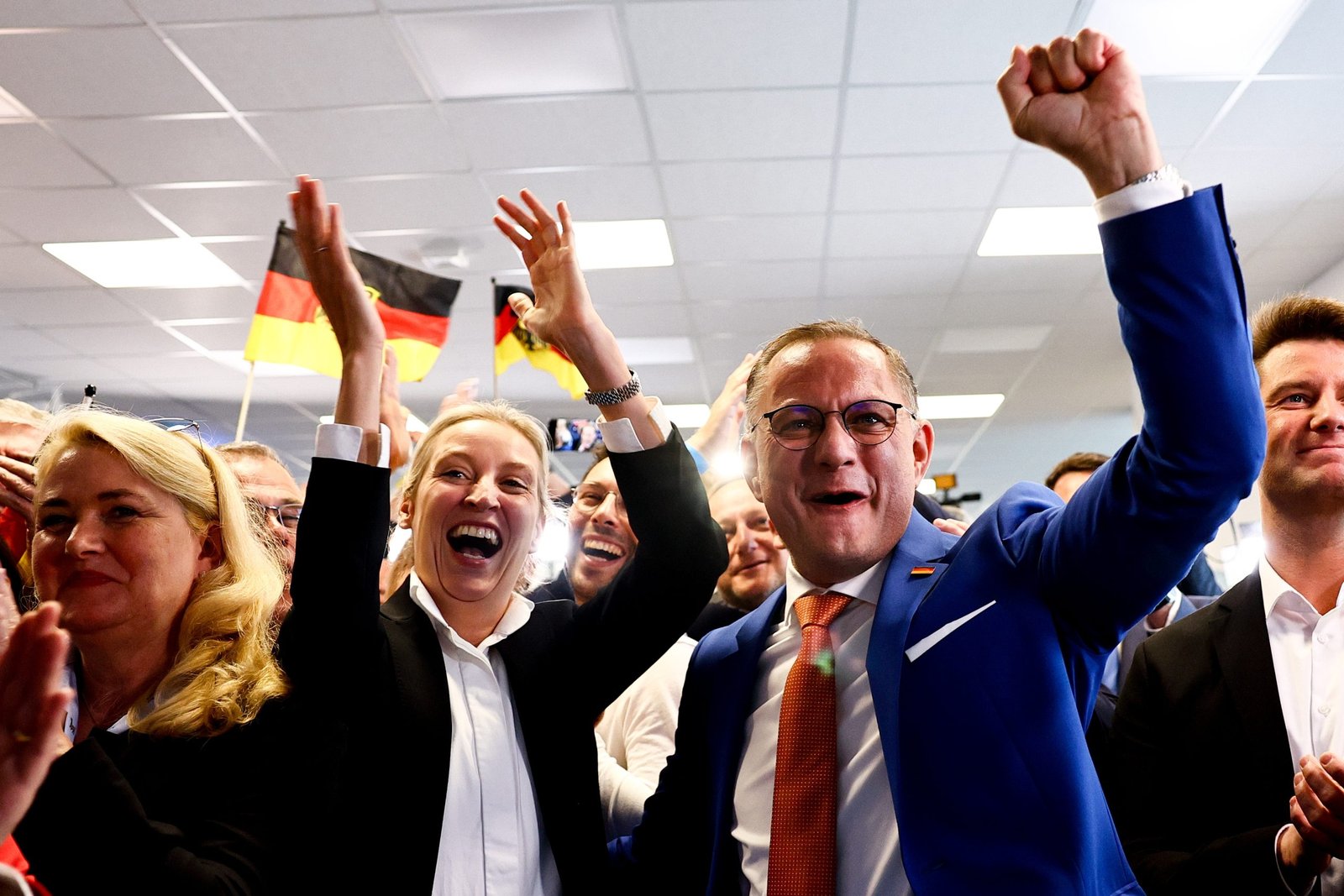Election Tensions in Germany – Voting Tomorrow, Conservatives Poised for Victory, Far-Right AfD’s Strong Rise
In Germany, political leaders are making last-minute pushes for votes as the election approaches. This election is considered crucial not only for Germany but also for Europe. The unity of the West has been disrupted due to US President Donald Trump’s ties with Russia, which is affecting Germany, the largest economy in Europe, amidst the Ukraine crisis.
Conservative frontrunner Friedrich Merz has reassured his supporters that under his leadership, Germany’s role in Europe will be strengthened, and the far-right AfD will be relegated to the political fringe. Merz, the leader of the Christian Democrat (CDU/CSU) bloc, warned on Friday that although Germany’s future lies with the West, it is uncertain whether the West will still include the United States.
Ahead of the election, many across Europe hope that this vote will bring stability to the EU’s largest democracy and economy, which has been dealing with a prolonged recession. However, change will not be immediate. Forming a coalition government will take weeks, as no single party can govern alone.
The election campaign has focused on two major issues: reviving the economy and addressing migration and security, the latter becoming more urgent following a series of deadly attacks since May 2024.
Germany’s far-right party, Alternative for Germany (AfD), is poised to increase its support in the election. According to forecasts, the CDU/CSU bloc is expected to win 220 seats, giving them the chance to appoint their first chancellor since Angela Merkel’s departure in 2021. On the other hand, AfD is projected to win 145 seats, surpassing the ruling SPD (Social Democrats), whose popularity has sharply declined.
Notably, amid US President Donald Trump’s threat of a trade war, Germany’s economy has already been shrinking for the past two years, while the country also faces intense social divisions over immigration and security issues.
Merz, in his election campaign, has called for a strong mandate to address the two major issues of migration and the economy. He said, “Our goal is to make Germany a stronger part of the West.”
Germany’s main opposition party, SPD, led by Chancellor Olaf Scholz, has expressed support for Ukraine's sovereignty, with Scholz saying, "We will not leave Ukraine alone, decisions will not be made over their heads, and we will ensure that Ukraine can choose its own government."
If the election results are accurate, Merz will win, but he will need the support of at least one and possibly two other parties to form a government. The conservative leader has ruled out forming a coalition with AfD, leaving the possibility of a coalition with SPD and the Greens.
Forming this coalition will require lengthy negotiations, which could become even more difficult due to the tensions during the election campaign regarding migration and AfD.










